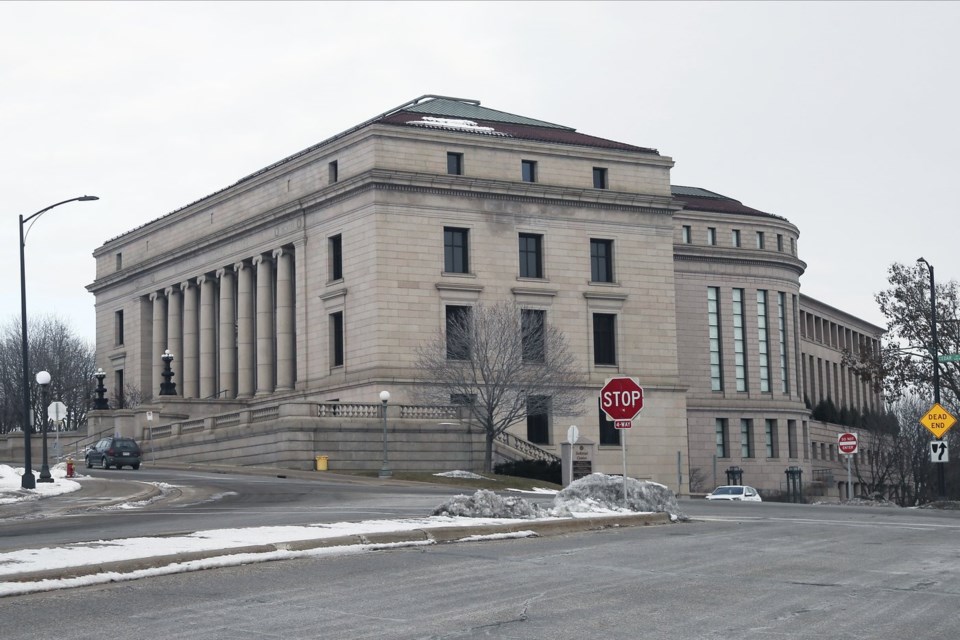The Minnesota Supreme Court on Wednesday upheld a 2023 state law that restores voting rights for felons once they have completed their prison sentences.
The new law was popular with Democrats in the state, including who signed it and who is Vice President Kamala Harris’ running mate in the presidential race. The timing of the decision is important because early voting for next week’s primary election is already underway. Voting for the begins Sept. 20.
The court a challenge from the conservative Minnesota Voters Alliance. A lower court judge had previously the group's lawsuit after deciding it lacked the legal standing to sue and failed to prove that the Legislature overstepped its authority when it voted to for people who were formerly incarcerated for a felony. The high court agreed.
Before the new law, felons had to complete their probation before they could regain their eligibility to vote. An estimated 55,000 people with felony records gained the right to vote as a result.
Minnesota Democratic Attorney General Keith Ellison had been pushing for the change since he was in the Legislature.
“Democracy is not guaranteed — it is earned by protecting and expanding it,” Ellison said in a statement. "I’m proud restore the vote is definitively the law of the land today more than 20 years after I first proposed it as a state legislator. I encourage all Minnesotans who are eligible to vote to do so and to take full part in our democracy.”
Minnesota was among that considered for felons in recent years. Advocates for the change argued that disenfranchising them disproportionately affects people of color because of biases in the legal system. An estimated 55,000 Minnesota residents regained the right to vote because of the change.
Nebraska officials went the other way and that residents with felony convictions could still be denied voting rights despite a law passed this year to immediately restore the voting rights of people who have finished serving their felony convictions. That decision by Nebraska's attorney general and secretary of state, both of whom are Republicans, has been
Josh Funk, The Associated Press




